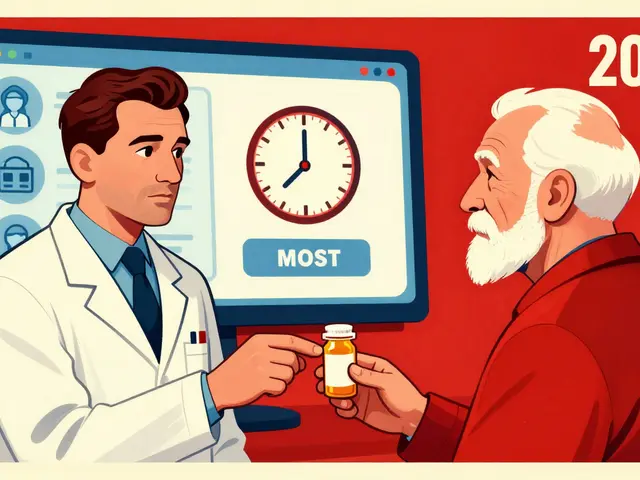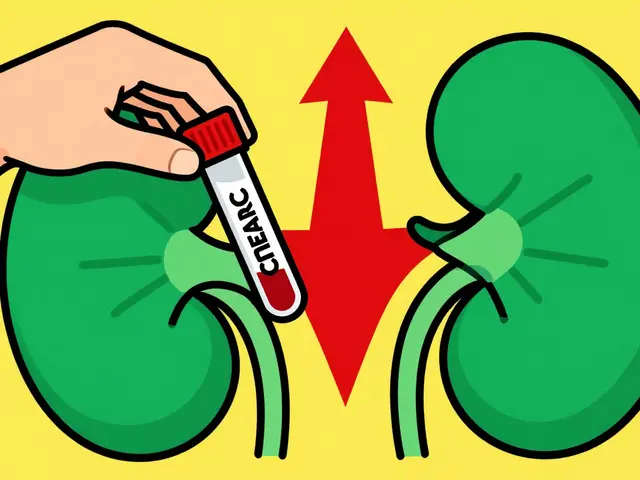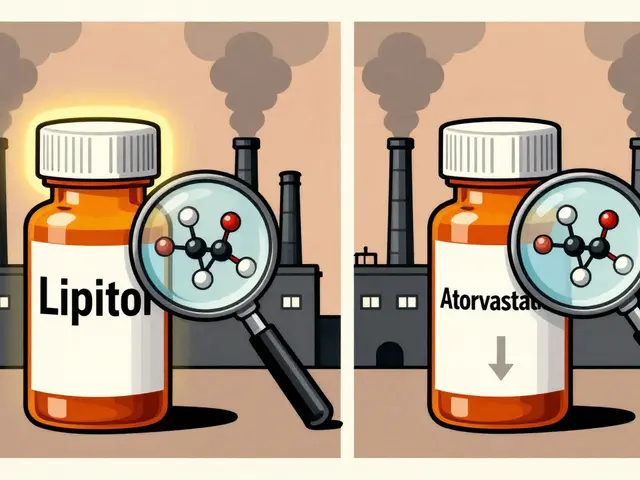Antibiotic Alternatives: Natural and Non-Drug Options That Actually Work
When you think of antibiotic alternatives, natural or non-pharmaceutical options used to treat or prevent bacterial infections without traditional antibiotics. Also known as natural antimicrobials, these approaches are gaining traction as more people worry about antibiotic resistance and side effects. It’s not about replacing antibiotics in serious infections—those still need medical care—but about supporting your body’s defenses and reducing reliance on drugs when possible.
Many of the posts here focus on how everyday medications can have hidden risks. For example, anticholinergic burden, the combined effect of multiple drugs that block acetylcholine, often leading to brain fog or long-term cognitive decline is a real issue with common antihistamines like Benadryl. That same caution applies to antibiotics: overuse weakens your system and makes future infections harder to treat. That’s why people are turning to antimicrobial herbs, plant-based substances with proven antibacterial properties like garlic, honey, and oregano oil. These aren’t magic bullets, but studies show they can slow bacterial growth and support healing—especially for minor skin infections, sore throats, or digestive issues.
Some of the most effective antibiotic alternatives are already in your kitchen. Raw honey, especially Manuka, has been used for centuries to treat wounds and burns. Garlic contains allicin, a compound that fights bacteria like staph and E. coli. Turmeric reduces inflammation and helps your body clear infections naturally. Even probiotics—found in yogurt or supplements—help restore healthy gut bacteria after antibiotics wipe them out. These aren’t just wellness trends; they’re backed by real research and used in clinical settings alongside conventional treatment.
But here’s the catch: not all alternatives are safe or equal. Just because something is natural doesn’t mean it’s harmless. Some herbs interact with medications. Others can cause allergic reactions. That’s why the posts here don’t just list options—they compare them. You’ll find clear breakdowns of what works, what doesn’t, and which ones to avoid if you’re on other drugs. For instance, if you’re taking blood thinners, certain herbal supplements can be dangerous. If you have kidney issues, some natural remedies might add stress. The goal isn’t to ditch doctors—it’s to make smarter choices with their help.
Antibiotic resistance isn’t a future problem—it’s happening now. Every time you take an antibiotic for a cold or mild sinus infection, you’re contributing to the problem. That’s why people are asking: what else can I do? The answer isn’t one-size-fits-all. It’s about understanding your body, knowing when to act, and having a toolbox of safe, science-backed options ready. Whether you’re dealing with recurring UTIs, stubborn acne, or just want to avoid unnecessary drugs, the right alternatives can make a real difference.
Below, you’ll find detailed comparisons of natural remedies, herbal supplements, and lifestyle strategies that help reduce the need for antibiotics. No fluff. No hype. Just clear, practical info from real people who’ve been there—whether they’re managing chronic infections, supporting immune health, or simply trying to stay off drugs when they can.






